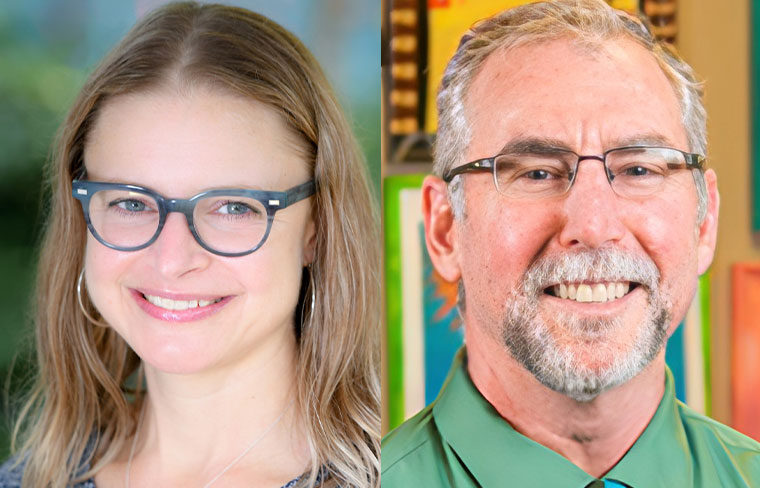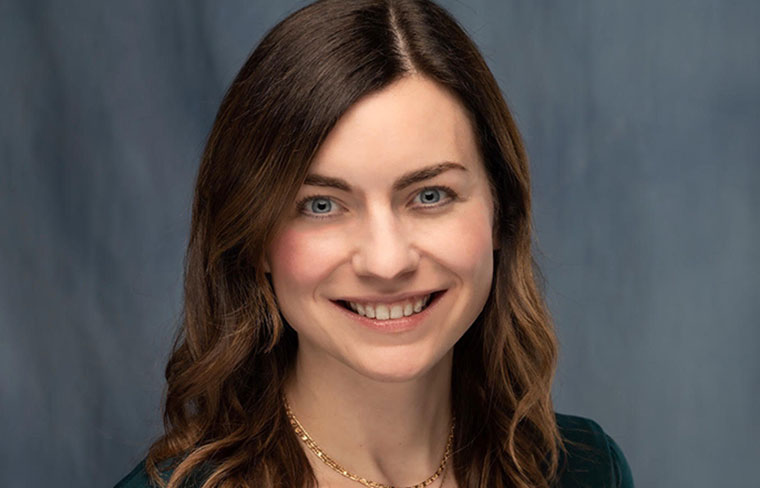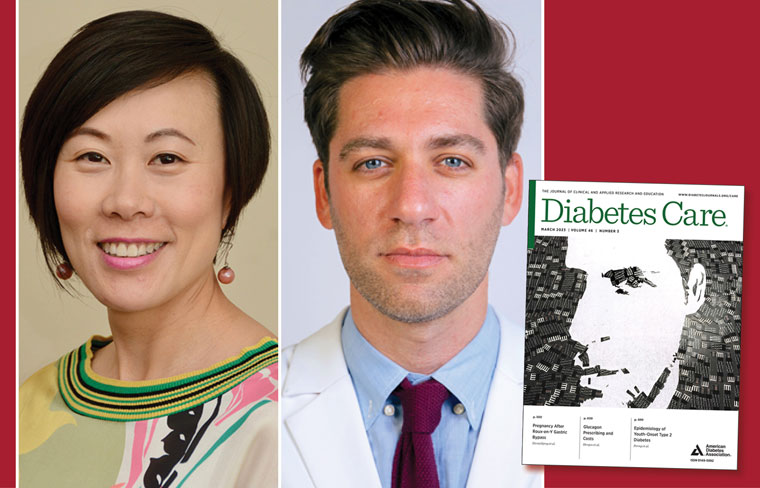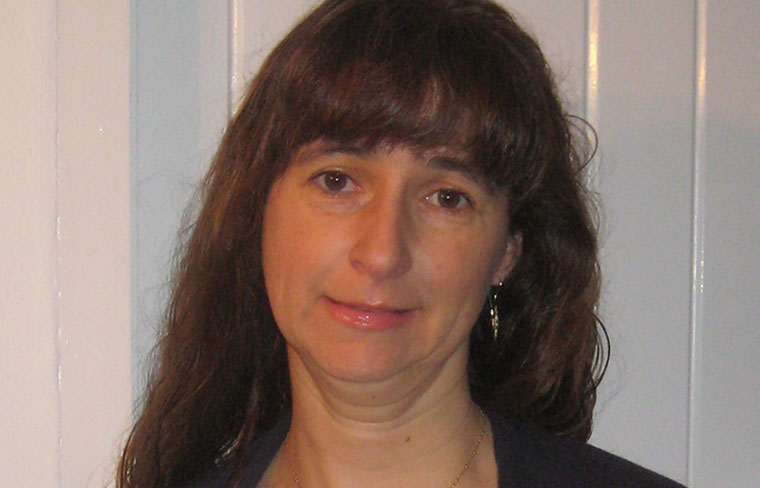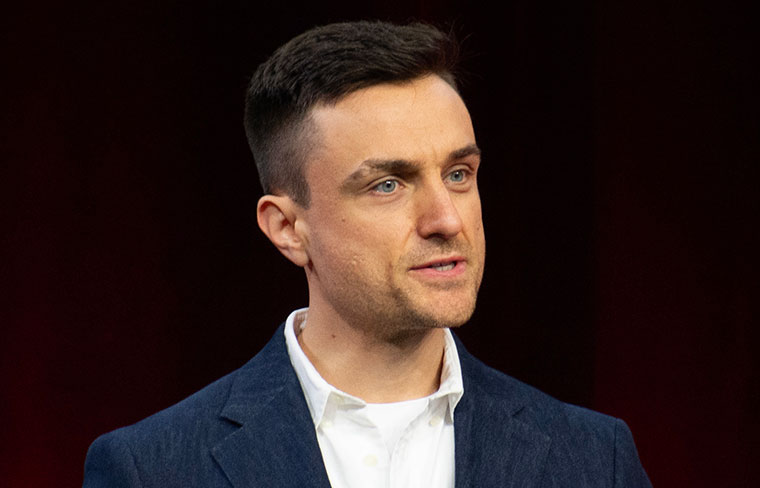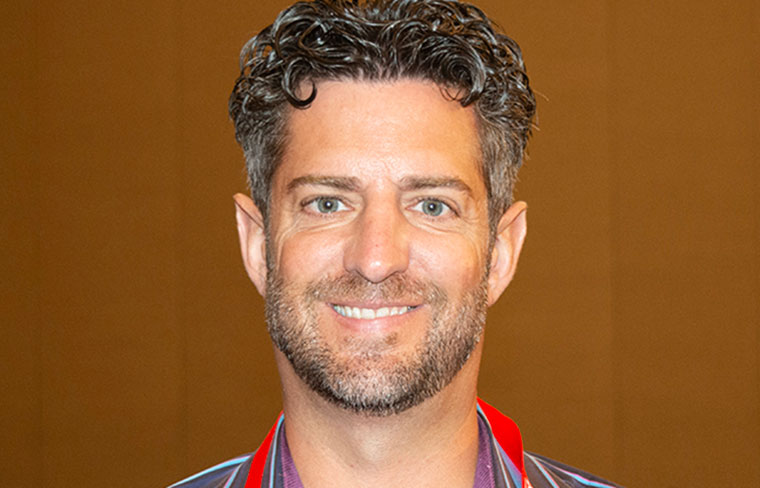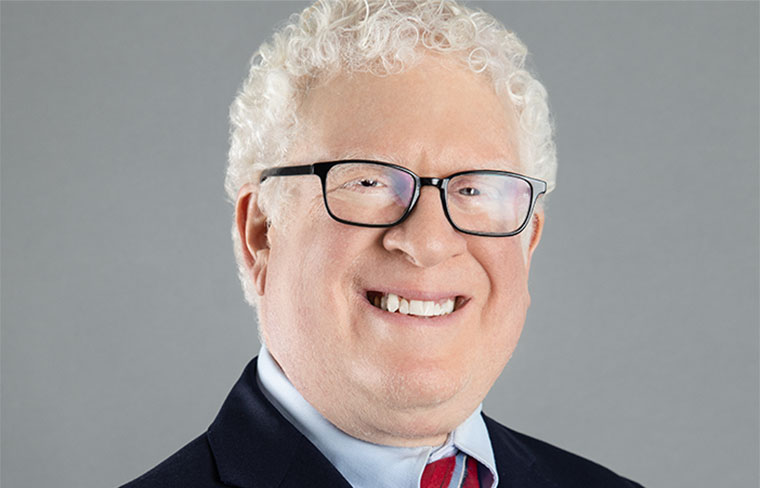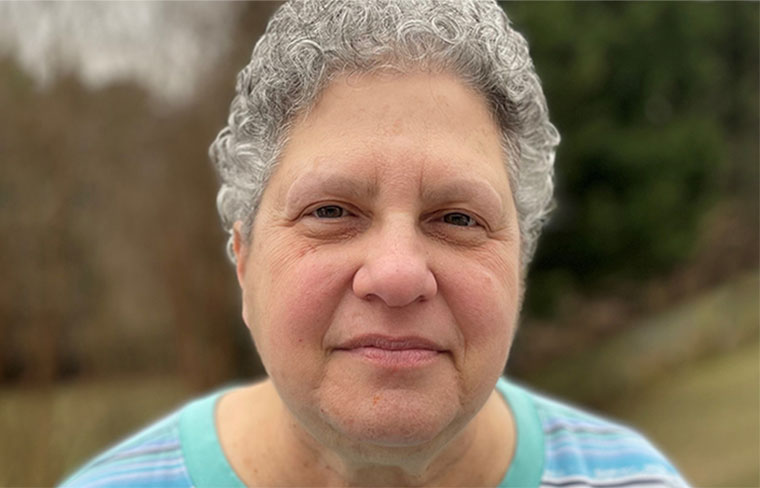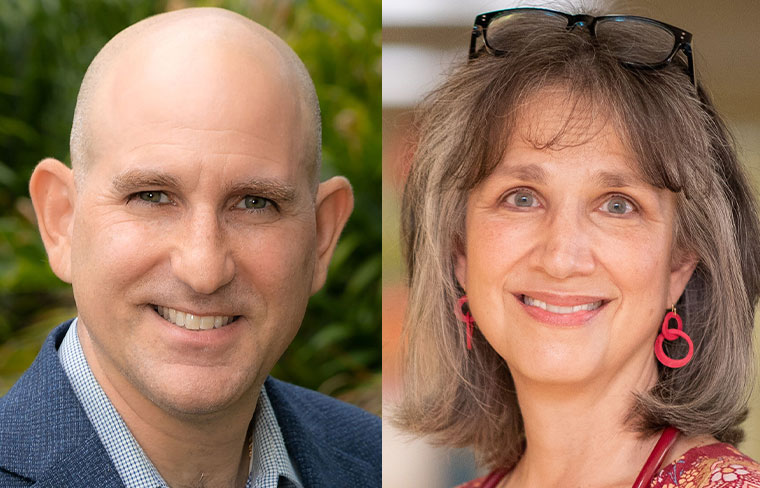-
Debate will weigh use of telehealth technology for behavioral and psychological diabetes care
In recent years, telehealth technology has been more readily available and effective in connecting providers and patients. Jennifer Raymond, MD, MCR, will make the case for using telehealth in psychological care, while Michael A. Harris, PhD, will make the case for more research into telehealth models before wide adoption for this kind of care.
-
Youth Strategies Committee to present ways to improve provider communication in pediatric diabetes
Sarah C. Westen will explain what the Psychosocial Subcommittee of the Youth Strategies Committee has accomplished over the past two years. She will share videos created by the team as well as strategies to help improve communication between health care teams and children and their families.
-
Cappuccino, art, and lively discussion: The art of Diabetes Care
“Sip & Chat” with Alice Cheng, MD, FRCPC, and Michael Natter, MD, on Sunday in the Exhibit Hall. Dr. Cheng, co-host of the Diabetes Care “On Air” podcast and Scientific Sessions Meeting Planning Committee Chair, will interview Dr. Natter, a visual artist and endocrinologist, on how his artistic eye influenced his medical practice.
-
Networking Reception debuts
As the 83rd Scientific Sessions got underway at the San Diego Convention Center, attendees gathered in the Exhibit Hall on Friday evening for a Networking Reception with exhibitors. In addition to providing an opportunity to engage with industry leaders, the event offered a preview of the Poster Hall and a venue to connect with friends…
-
Opening keynote: Omics data paves the way for more precise research into variances within diabetes
Francis S. Collins, MD, PhD, who led the Human Genome Project, welcomed attendees to the 83rd Scientific Sessions with a message about the potential of omics data to drive new avenues of research into complex diseases like diabetes. Already, genome-wide association studies take information about common variations in the genome to identify statistically significant differences…
-
ADA supports novel research through Pathway to Stop Diabetes
Pathway to Stop Diabetes® researchers, including Aleksandar D. Kostic, PhD, presented their new approaches for working toward a cure for this pervasive disease. These investigators are looking at the gut microbiome, cloaked beta-cells, branched-chain amino acid, dysregulation of the gut-brain axis by sugar, and diabetes distress with new perspectives with funding from the American Diabetes…
-
Panel explores challenges and strategies to overcome therapeutic inertia in type 2 diabetes
Therapeutic inertia is a common problem in managing type 2 diabetes. Experts including Kevin M. Pantalone, DO, ECNU, FACE, addressed how it can be prevented, such as achieving A1C targets within a year of treatment, leveraging the entire health care team in the patient’s journey, and having accessibility to the patient’s electronic health record.
-
Innovation Challenge aims to connect novel ideas for diabetes care with investors
New to the Scientific Sessions lineup, the Innovation Challenge invites six contestants to pitch their concepts for improving the lives of people living with diabetes before a panel of potential funders. Three finalists will earn a private audience with the judges, explained ADA Chief Scientific and Medical Officer Robert Gabbay, MD, PhD.
-
Session to examine the emerging potential of immunotherapy in type 1 diabetes prevention
A panel including Ellen Leschek, MD, will discuss teplizumab clinical trial results and the role of the CD3-directed monoclonal antibody in delaying the progression from stage 2 type 1 diabetes to stage 3. Joining Dr. Lesheck will be researchers, clinicians, and a patient with type 1 diabetes.
-
Pediatric experts will debate whether technology or immunomodulation is better for type 1 diabetes management
Michael J. Haller, MD, and Antionette Moran, MD, will present data and arguments in support of technology and immunomodulation, respectively, in treating patients with type 1 diabetes. Dr. Haller said most experts likely agree there will be a role for both going forward and each should be discussed and offered to patients.


